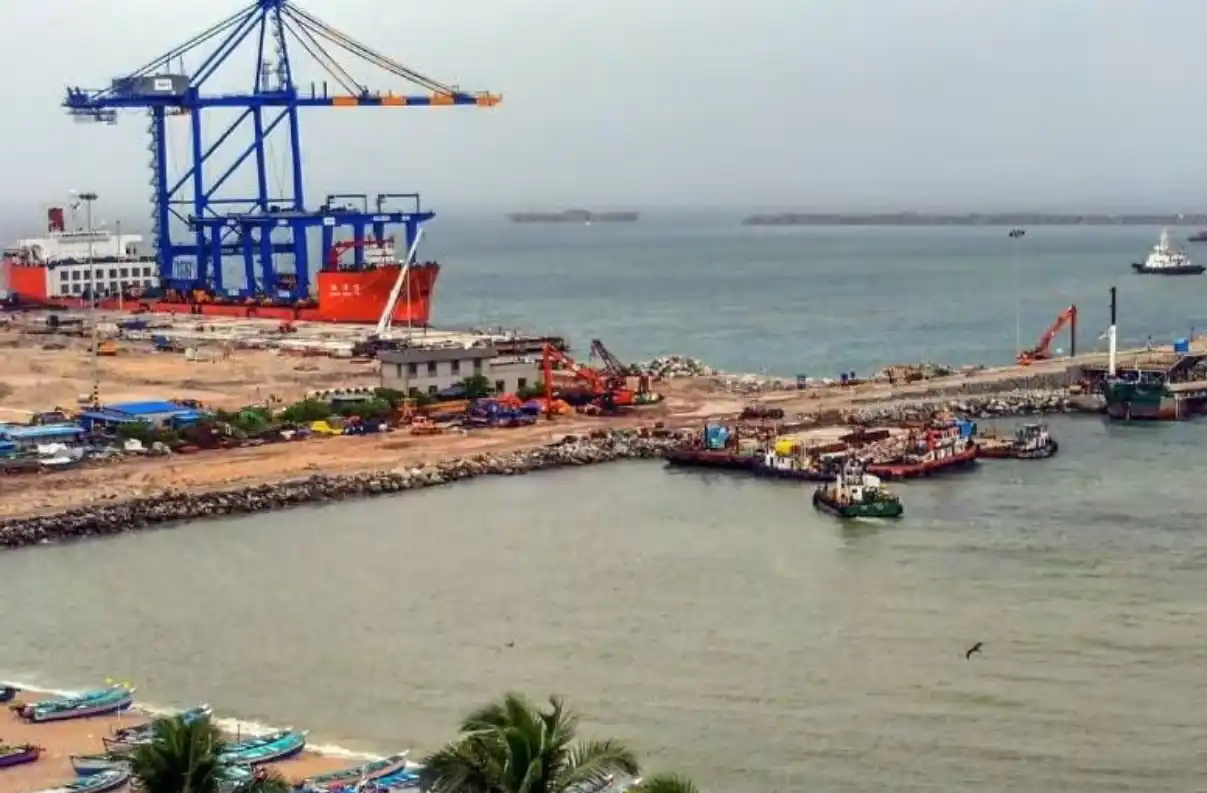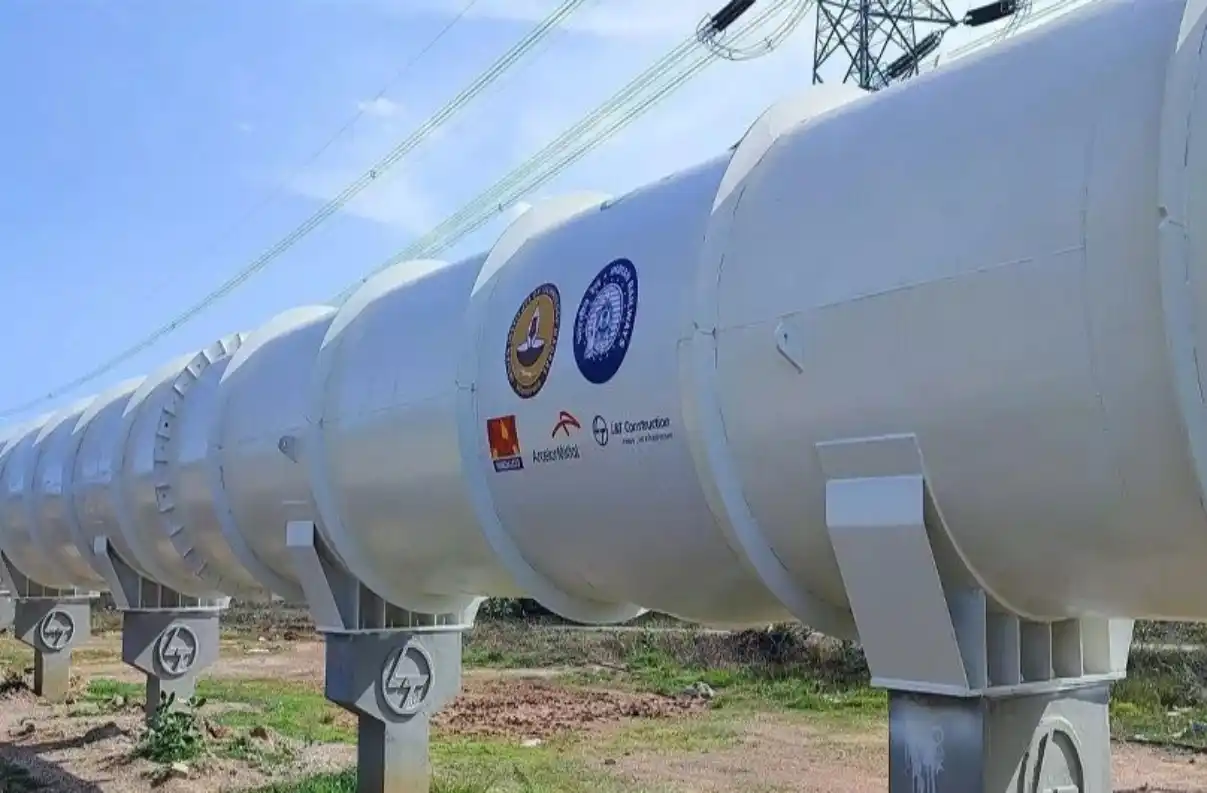Article
Why the India-Pakistan Conflict Could Choke the Global Supply Chain
 Anamika Mishra
[Sub Editor]
Anamika Mishra
[Sub Editor]

In April 2025, the longstanding geopolitical tensions between India and Pakistan once again escalated following a terrorist attack on Hindu tourists in Pahalgam, Kashmir. This tragedy reignited a period of military confrontation, marked by missile strikes, artillery exchanges, and cyberattacks. While both nations have a history of conflict, the current hostilities have exposed an alarming vulnerability: the fragility of global supply chains. The interconnectedness of today’s global economy means that disruptions in one region can ripple across borders, affecting international trade, logistics, and the broader market. This article seeks to explore how the India-Pakistan conflict, given its geopolitical and economic ramifications, could severely affect global supply chains, especially in the fields of transportation, commodity markets, cybersecurity, and international trade agreements. Disruption of Trade Routes One of the most immediate consequences of the India-Pakistan conflict is the disruption of crucial trade routes. While formal trade between the two countries was suspended in 2019, goods have continued to flow informally across the border, particularly in sectors like agriculture and textiles. However, the ongoing military confrontations have prompted the closure of land borders, rerouting cargo through longer, more complex routes. For instance, shipments that would have previously moved from Pakistan through India into Central Asia are now diverted to alternate passages through Iran or China, adding significant time and cost to deliveries. This change in routing affects everything from food supplies to industrial materials, making the global supply chain more volatile. The cost of doing business has skyrocketed as companies must pay more for insurance, delays, and alternate routes. Rerouting not only affects businesses in India and Pakistan but also has a profound impact on the global market. Since Pakistan is a key transit hub for goods moving between Asia and the Middle East, delays in this region can have a cascading effect on the timeliness and cost of global exports. Impact on Port Operations India’s extensive coastline hosts several important seaports, including Mundra, Jawaharlal Nehru Port, and Kandla, which are vital for the transportation of goods in and out of the country. These ports are part of the broader trade infrastructure that supports supply chains in the Middle East, Europe, and beyond. However, the ongoing conflict has significantly disrupted port operations, not only due to security concerns but also due to logistical difficulties exacerbated by airspace closures and damaged transport routes. For example, Kandla Port, located on India’s western coast, was temporarily closed due to missile threats, halting the shipment of essential goods like crude oil and manufactured goods. Mundra Port, another key player, has reported delays due to personnel shortages and limited truck movements, further affecting the timeliness of deliveries. While these ports are gradually recovering from operational disruptions, the potential for further attacks or border escalations continues to hang over them. As supply chains around the world rely heavily on just-in-time logistics, any disruption, no matter how brief, can create substantial ripple effects across industries, especially in the electronics, automotive, and textile sectors. Airspace Restrictions Air cargo is another critical component of the global supply chain, and disruptions to air travel in South Asia can have far-reaching consequences. In the aftermath of the India-Pakistan conflict, 32 airports in northern India were closed due to airspace restrictions, hampering the swift transportation of goods that rely on airfreight. The closure of these airports particularly affects industries such as electronics, pharmaceuticals, and luxury goods, where speed is essential. With the airspace restricted, cargo flights were forced to reroute, adding significant delays to deliveries. Furthermore, airlines had to cancel several international flights, which, in turn, affected the movement of personnel and goods. Though airports have reopened, airspace restrictions remain in place, making it more difficult for international cargo services to operate smoothly. Given that much of the world’s trade relies on timely airfreight shipments, particularly between Asia, Europe, and North America, airspace restrictions and logistical disruptions could lead to supply shortages or the inflation of shipping costs. The ramifications of these delays will be felt most acutely in industries with tight inventory
The only supply chain registration you need
Unrivaled context behind every news and article for free.

 Anamika Mishra
Anamika Mishra 

















